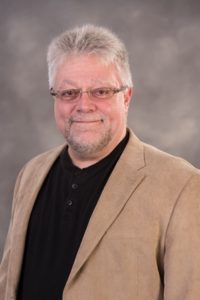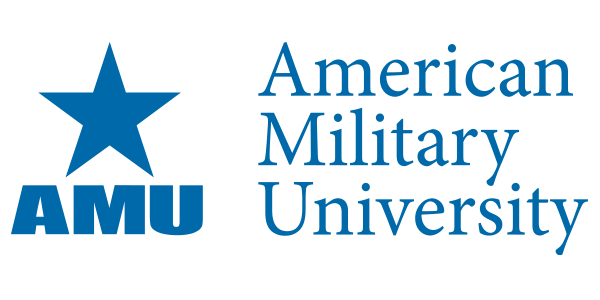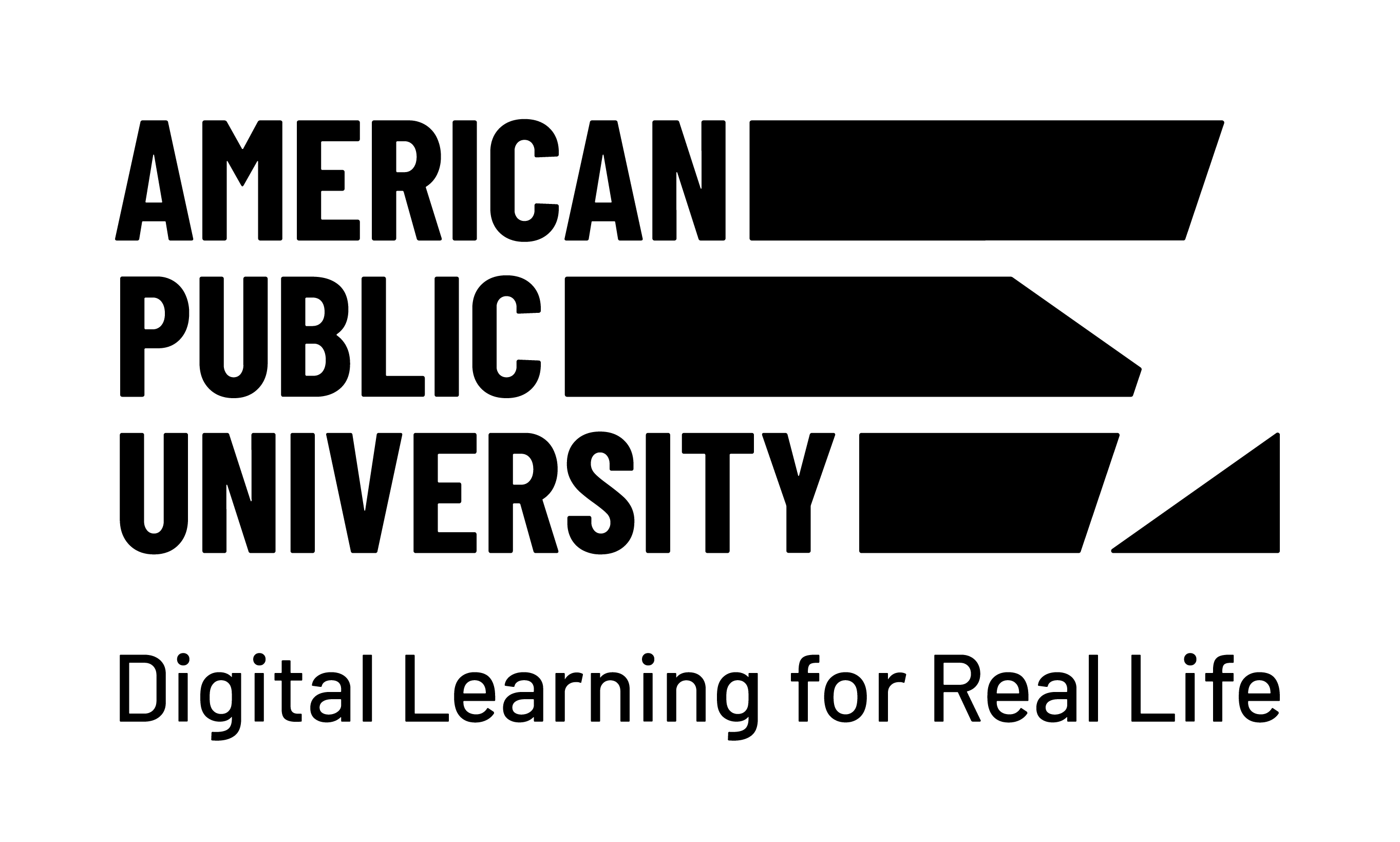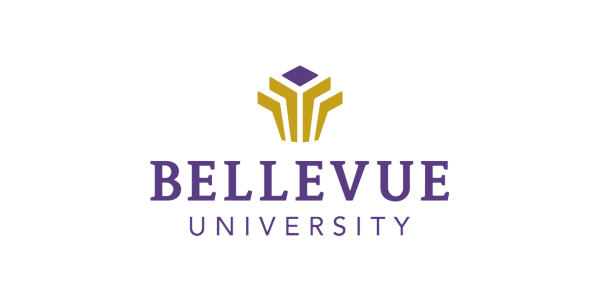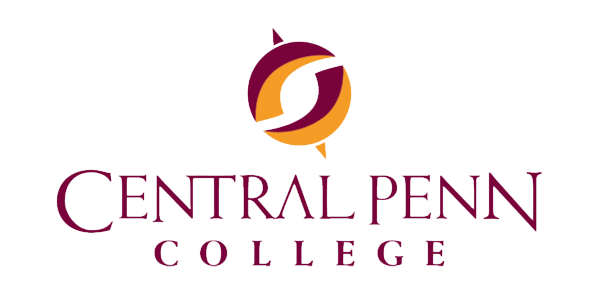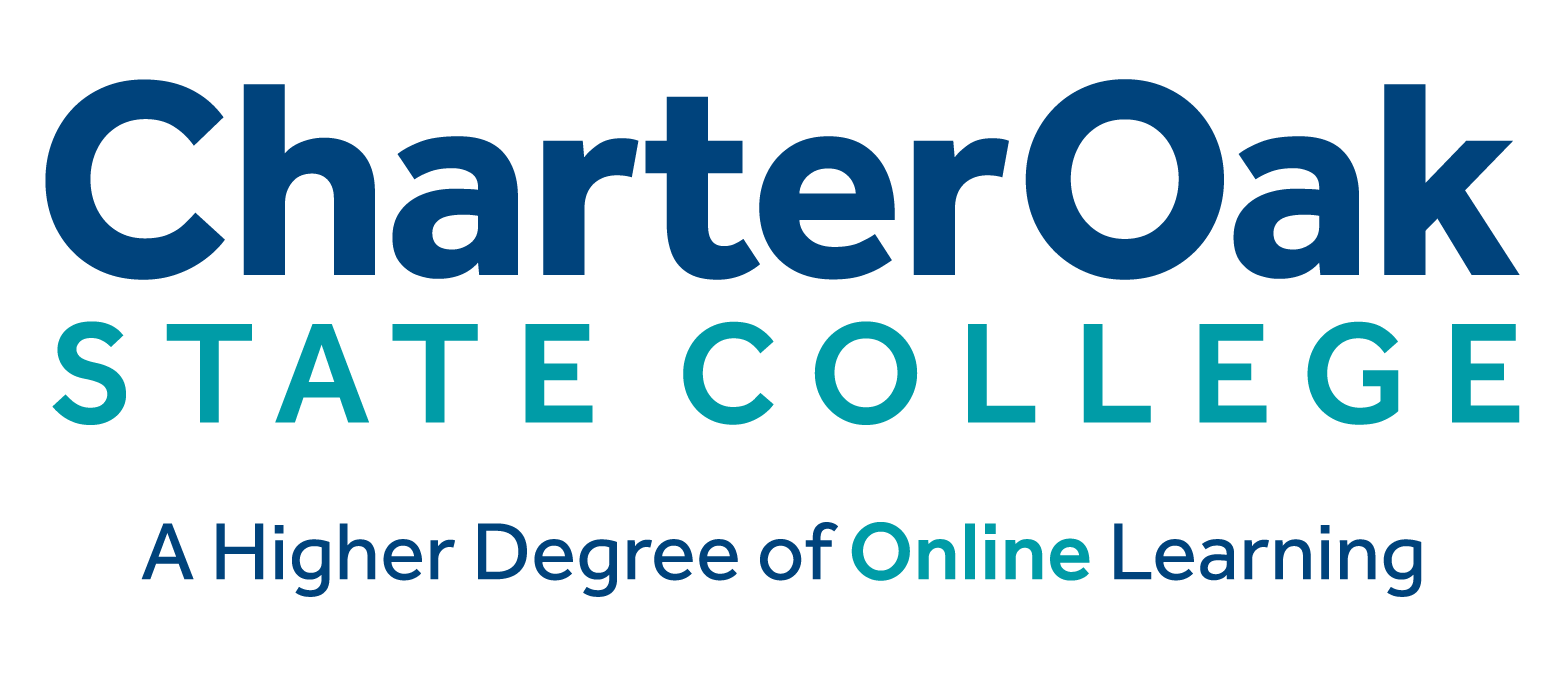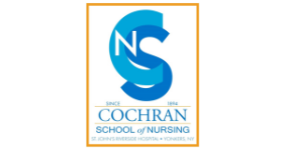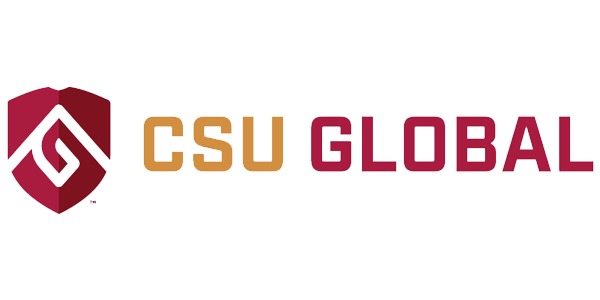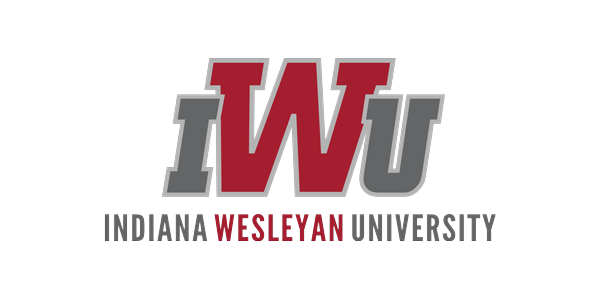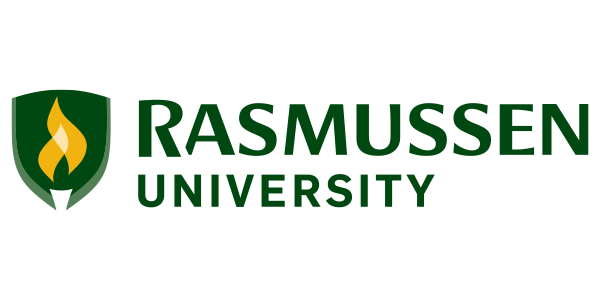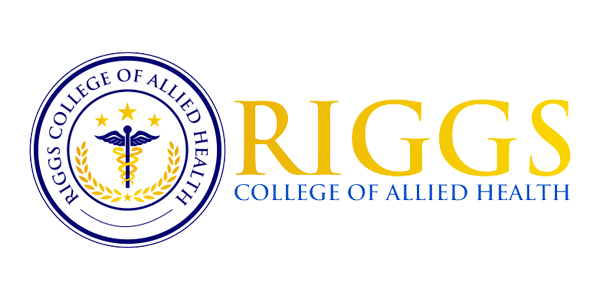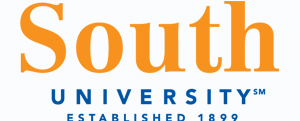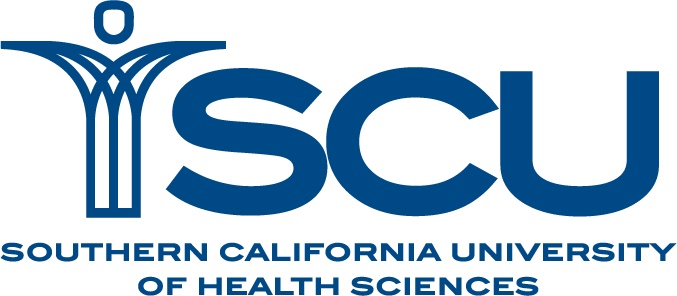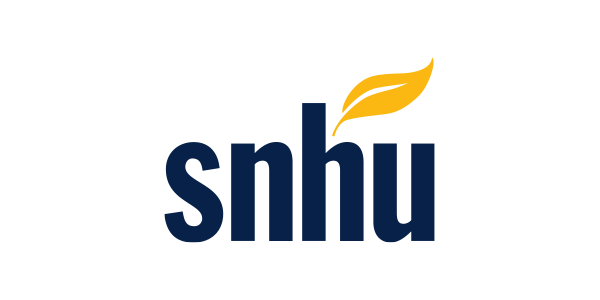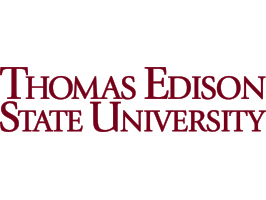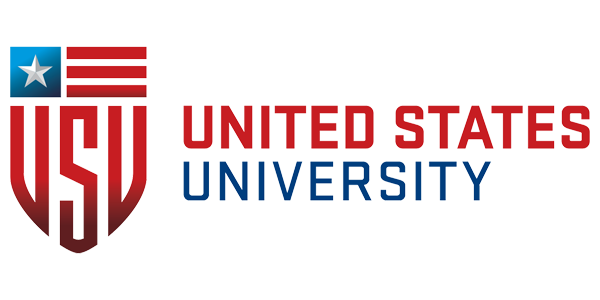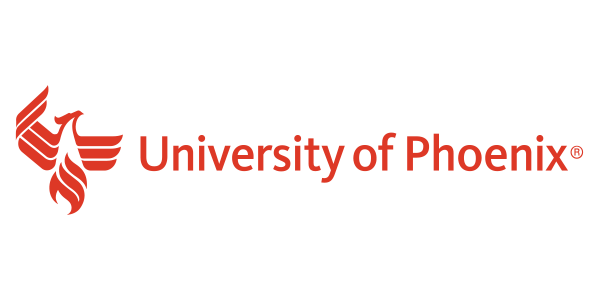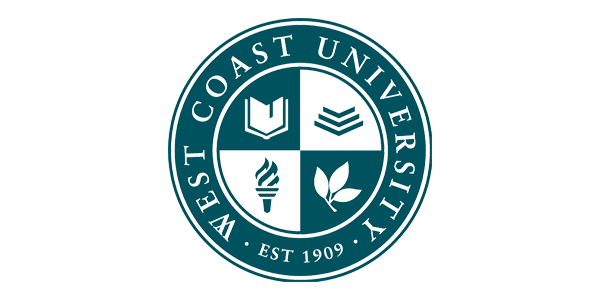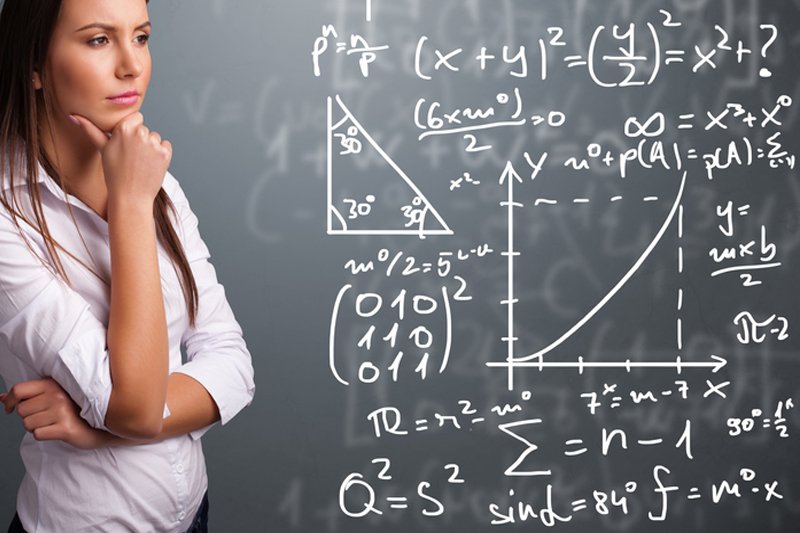
College Algebra
Overview
College Algebra is equivalent to a 1-semester, college level course that focuses on the general topics of Algebra.
This course is available live and on-demand through the online Nursing , Other Degree , and Individual Course Credits programs.
-
All Other Degrees
Course Type: Credit-By-Course
Credits: 3 Semester Credits
Category: Natural Science and Mathematics
Course Equivalence: College-Level Mathematics or General Elective
Length: 10 Lectures + 1 Final Exam
Assessments: : Weekly Quizzes and Final Exam (90 mins | 60 Questions)
About This Course
College Algebra is a college-level algebra course for non-mathematics majors. In this course, students will become familiar with currently taught algebraic vocabulary, symbols, and notation and will learn to solve both routine problems requiring basic algebraic skills and non-routine problems that demonstrate their understanding of concepts. The subject matter of this course includes number systems and operations, algebraic operations, equations and inequalities, and functions and their properties.
Course Objectives
- Understand basic algebraic operations such as exponents, factoring, absolute value, and properties of logarithms;
- Interpret functions in forms that include graphs, numerals, and symbols;
- Identify and analyze number systems and their operations including sequences, series, and factorials;
- Apply algebraic knowledge to both routine (straightforward) and non-routine (real world) problems.
- Solve linear and quadratic equations and inequalities
-
Nursing
Course Type : Credit-By-Exam
Credits: 3 Semester Credits
Category: Natural Science and Mathematics
Course Equivalence: College-Level Mathematics or General Elective
Length: 10 Lectures + 1 Final Exam
Assessments : 1 Exam at a CLEP® Testing Facility (90 mins | 75 Questions)
About This Course
This course prepares individuals for a credit-by-exam that focuses on currently taught algebraic vocabulary, symbols, and notation. Students will learn to solve both routine problems requiring basic algebraic skills and non-routine problems that demonstrate their understanding of concepts. The subject matter of the exam includes number systems and operations, algebraic operations, equations and inequalities, and functions and their properties.
Course Objectives
- Understand basic algebraic operations such as exponents, factoring, absolute value, and properties of logarithms;
- Interpret functions in forms that include graphs, numerals, and symbols;
- Identify and analyze number systems and their operations including sequences, series, and factorials;
- Apply algebraic knowledge to both routine (straightforward) and non-routine (real world) problems.
- Solve linear and quadratic equations and inequalities
-
About InstructorKathleen Giansiracusa holds a BS in Mathematics Education and an MS in Systems Engineering from the University of Arizona. She is a member of the National Council of Teachers of Mathematics and American Mensa. Kathleen has been a mathematics instructor at Distance Learning Systems™ since October 2016. Previously, Kathleen worked as a systems and reliability engineer in the space and defense industries and as a mathematics and engineering instructor in high school, college, and industry settings. Two of Kathleen’s greatest passions are teaching and mathematics. Kathleen believes that effective teaching involves both a strong knowledge of the subject matter and an understanding of and connection with the students. Her background in education and engineering has given her experience in pure and applied mathematics in addition to opportunities to work with students in a variety of settings. Kathleen enjoys instructing all levels of mathematics and pursuing volunteer opportunities through her church.
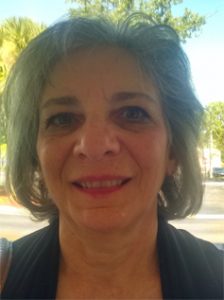 Barry Kaplan graduated from Clark University in Worcester, Massachusetts with a Bachelor of Arts Degree in Mathematics and earned a Master of Science Degree in Mathematics from Adelphi University in Garden City, New York. He taught math and science to middle school and high school students in Levittown, New York for 12 years before relocating to Florida. While living in Florida I worked in the private sector as an Actuarial Consultant and Senior Financial Analyst writing computer programs for large life insurance companies. Over ten years ago, he returned to the educational field and has held the position of General Education Coordinator, Educational Designer, Full-Time Faculty, and Adjunct Instructor for several local colleges and universities teaching College Mathematics and all levels of Algebra primarily to adult learners. Barry finds it very satisfying to be part of a team that supports learners in obtaining their goals. He takes exceptional pride in other’s accomplishments and success stories, knowing that his efforts have enhanced the lives of others
Barry Kaplan graduated from Clark University in Worcester, Massachusetts with a Bachelor of Arts Degree in Mathematics and earned a Master of Science Degree in Mathematics from Adelphi University in Garden City, New York. He taught math and science to middle school and high school students in Levittown, New York for 12 years before relocating to Florida. While living in Florida I worked in the private sector as an Actuarial Consultant and Senior Financial Analyst writing computer programs for large life insurance companies. Over ten years ago, he returned to the educational field and has held the position of General Education Coordinator, Educational Designer, Full-Time Faculty, and Adjunct Instructor for several local colleges and universities teaching College Mathematics and all levels of Algebra primarily to adult learners. Barry finds it very satisfying to be part of a team that supports learners in obtaining their goals. He takes exceptional pride in other’s accomplishments and success stories, knowing that his efforts have enhanced the lives of others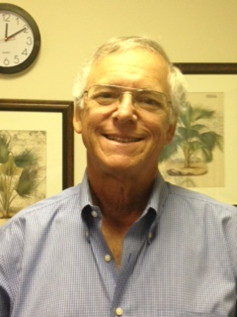 Jon Weiss graduated with a Bachelor of Arts degree from University of Wisconsin where he majored in Political Science and specialized in social science research methodology. Jon served as a Department Research Assistant at Marquette University where he used Statistical Package for Social Sciences (SPSS) to create a database of members of the US House of Representatives which was used to predict legislative voting behavior. During his time as an educator, Jon pursued other research interests such as community-based mediation and conflict resolution which led to a career with the Metropolitan Milwaukee Mediation Center and Chicago’s Center for Conflict Resolution where he became the Executive Director. Jon returned to formal education while serving as the Chair of the Ford Motor Company Consumer Appeals Board where he was a mediation and ethics instructor for several Chicago area law schools. He also served as the lead instructor and workshop presenter on advanced mediation techniques and training at the Center for the Analysis of Alternative Dispute Resolution Systems. Today, Jon is an in-demand instructor, especially in the areas of computer science, natural science and mathematics. He enjoys teaching statistics, microbiology, and chemistry. Jon looks forward to using his educational expertise and past experiences for teaching
Jon Weiss graduated with a Bachelor of Arts degree from University of Wisconsin where he majored in Political Science and specialized in social science research methodology. Jon served as a Department Research Assistant at Marquette University where he used Statistical Package for Social Sciences (SPSS) to create a database of members of the US House of Representatives which was used to predict legislative voting behavior. During his time as an educator, Jon pursued other research interests such as community-based mediation and conflict resolution which led to a career with the Metropolitan Milwaukee Mediation Center and Chicago’s Center for Conflict Resolution where he became the Executive Director. Jon returned to formal education while serving as the Chair of the Ford Motor Company Consumer Appeals Board where he was a mediation and ethics instructor for several Chicago area law schools. He also served as the lead instructor and workshop presenter on advanced mediation techniques and training at the Center for the Analysis of Alternative Dispute Resolution Systems. Today, Jon is an in-demand instructor, especially in the areas of computer science, natural science and mathematics. He enjoys teaching statistics, microbiology, and chemistry. Jon looks forward to using his educational expertise and past experiences for teaching